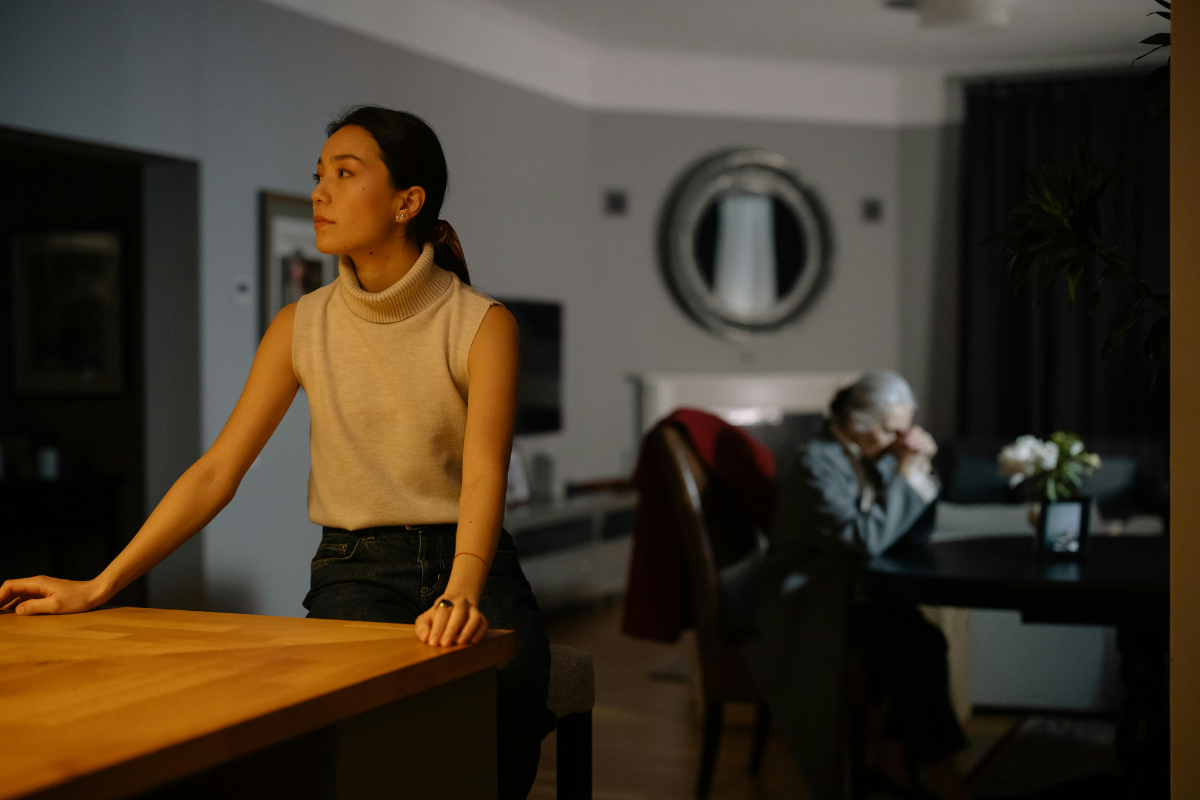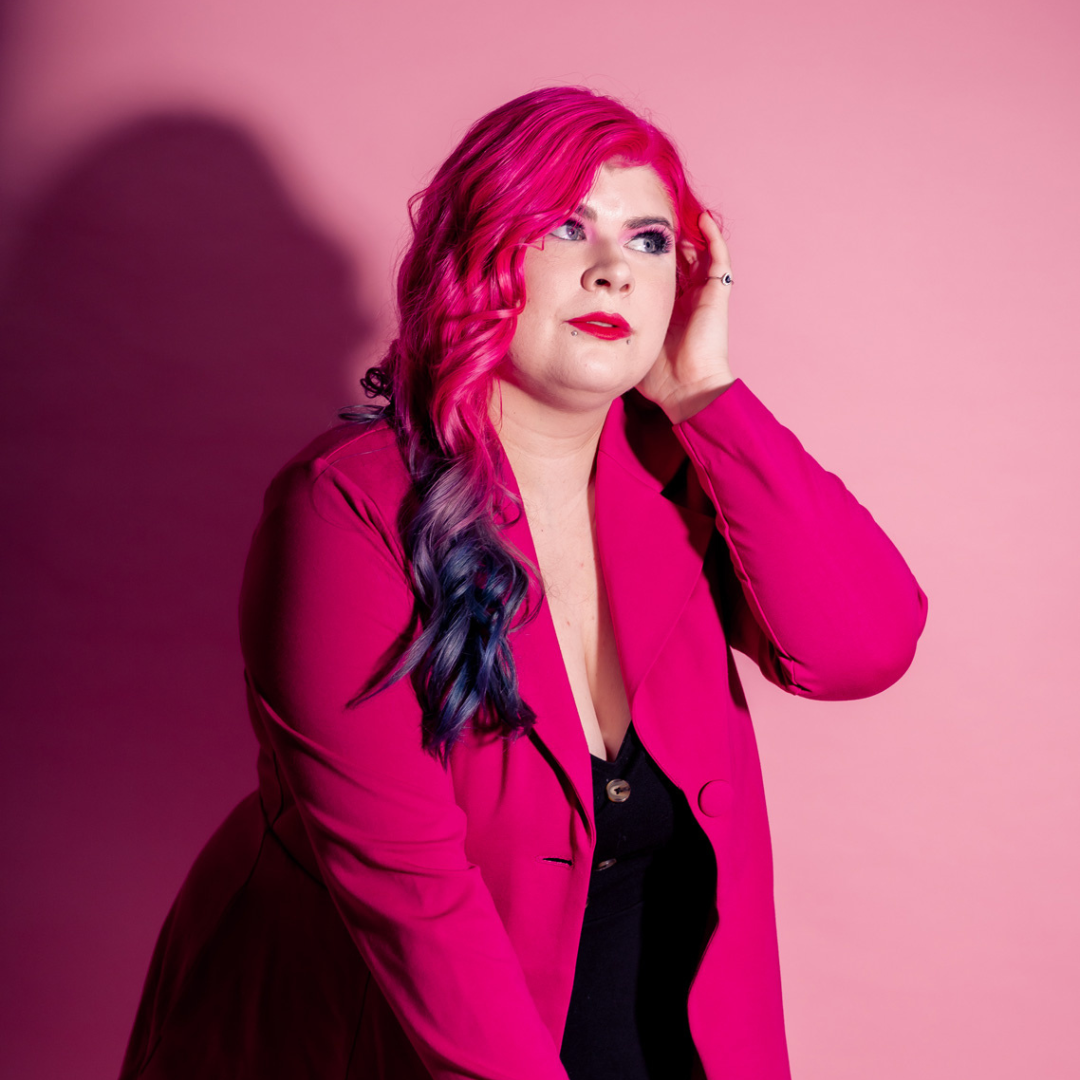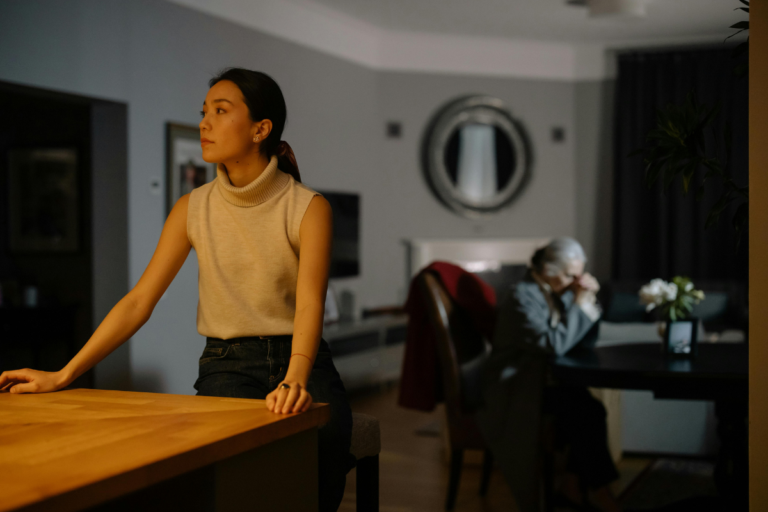It’s no secret that family relationships can be challenging. While some are close, loving, and deeply fulfilling, others experience differences that might make you feel sidelined, or fractures that might feel insurmountable.
In our experience, there are many reasons why people might feel disconnected from their family. We also recognise that feelings of disconnection occur on a spectrum – some might feel like they struggle to relate to their family or are the “odd one out”, while others might experience enduring hurt and harm from their families. Some individuals might make the difficult decision to eventually break off contact with one or more of their family members.
All of these feelings and worries can be incredibly difficult to deal with, especially on your own, which is why we spoke to one of our senior counsellors, Judy, for advice. She shares what she’s heard from clients over her 30+ years as a counsellor and how people can get help.
Why do families become disconnected?
Relationships are complicated, and it only becomes even more challenging when people have differing beliefs, views, values, and experiences. Some common reason why families might become estranged or disconnected include:
Conflicting beliefs, values and opinions (including religious, political and health)
- Family violence, abuse and neglect
- Major life events or transitions (e.g. having a baby, getting married)
- Differing views about parenting, career and lifestyle choices
- Inability to accept personal attributes (e.g. gender identity, sexuality, racial or ethnic background)
- Opposing expectations about family roles and relationships
- Changes in family dynamics (e.g. dealing with a separation/divorce, blending families, managing relatives, or a death in the family)
- Drug or alcohol use, dependency or addiction
- Consequences of changes in health and caring responsibilities (e.g. how decisions are made, and by whom, if someone develops a chronic illness, disability, or life-altering health condition)
- Inheritance disputes
- Financial stresses
- Grief and loss
- Crime and incarceration
- Personality differences, jealousy, and bullying
What is the impact of family disconnection and estrangement?
Being disconnected from your family can be very stressful for everyone involved, and according to Judy, impacts can manifest both physically, psychologically and emotionally, and they can vary intensity over time.
“Many people who are disconnected from their families can experience feelings of isolation, sadness or depression, loneliness, exclusion, abandonment, confusion, grief, anger, or resentment,” Judy says, “while, for others, it can bring a sense of exhilaration and freedom.”
Research shows that many people feel shame and loneliness about their family relationships, especially when they don’t align with what our social template defines a family “should” look like.
As we all know, beyond glossy photos and people’s social media feeds, families are complex and have their unique ways of functioning.
In situations where people are navigating blended family environments, perceptions of family, and who is “family” can feel very different depending on your position in the family.
Judy explains that children may experience or perceive things as unfair in their new blended family. If they feel like their parent doesn’t understand what they’re going through, they might withdraw or disconnect. On the other hand, parents may feel resentful if their children do not “take” to the new partner, also leading to disconnection.
Am I the problem if I’ve become disconnected from my family?
You might look around the dinner table and feel like you’re the problem. Through personal reflection and professional support, we can consider how we participate in our relationships or consider behaviours we could change.
It’s important to be balanced when considering what’s your responsibility in trying to repair a relationship breakdown and what’s not. In some circumstances, no matter what you do, disconnection might be the only option available. Sometimes, it’s the healthiest choice for the person who disconnects, however, it’s rarely an easy choice to make and live with.
For the person/people who are “disconnected”, it may not be your choice, or within your power to change that outcome.
As someone who is chronically ill, queer, autistic, disabled, and living with multiple complex mental illnesses, I’ve had a lot of close people tell me some pretty awful things. I’ve been told I’m an embarrassment to the family name, and that it’s shameful I talk so openly about my experiences with autism, disability, bipolar and anxiety.
Since becoming physically disabled, I’ve been criticised for using mobility aids – like being told it’s embarrassing to use my walker or wheelchair when I’m young, even though it significantly helps me.
When any of us challenge the “norm”, whether it be our sexuality, our gender, our health, or our lifestyle, stigma can be a nasty beast – especially when it comes from those closest to us.
“Humans naturally seek to make sense of their world, and preserve things as they are, even if that isn’t always helpful, for fear of what change can bring,” Judy says.
“It’s almost automatic to look for something external to us to explain things. That is far easier to do than reflecting on our own thoughts, feelings, behaviours and contributions to the breakdown of a relationship, and doing the hard work of changing something about ourselves.”
What can I do if I feel disconnected or have become disconnected or estranged from my family?
Disconnection and estrangement looks different for everyone. For some, it might be a series of “small cuts”, like being excluded from family events, snide comments, or being treated differently. For others, there’s a defining moment that makes you feel completely isolated or motivated to disengage.
So, what are the options available?
We can choose to continue with connection, even if it feels uncomfortable, we can try to mend the relationship, or we can accept the disconnection. Before making a final decision, it might be helpful to speak with a professional – like a counsellor – to talk about the options and work out what fits best for you.
This could be individual counselling, or where appropriate, even trying family counselling or mediation. In a neutral, non-judgemental space, you and your family member(s) can explore your challenges and thoughts with the support of a third party.
However, Judy points out that depending on the circumstances that led to the disconnect, it’s not always possible or desirable to repair the relationships.
“There are times when it can be very clear that staying in the family is not in someone’s best interests. For example, where there is family violence, drug or alcohol abuse, criminal activities, and other life-threatening situations.
“In other situations, it may be that you have to modify the frequency or type of contact you have in order to preserve something of a relationship.”
If you plan to repair the relationship, perspective is important for both sides.
“At times it may require ‘an apology without condition’,” Judy explains. “That’s to say that you accept that the differences in perspective, recollection, and experiences cannot be reconciled but there is a willingness to apologise, even when the injury wasn’t intentional.
“This can be more of a decision to weigh up whether it feels more important to ‘be right’ or preserve the relationship.”
Alternatively, it can just take time.
“If someone decides to disconnect, you can respect their wishes, and also convey that you would be interested in listening and understanding when they are ready to speak about the reasons for the disconnect.”
How can I make the decision to disconnect (or reconnect) with my family?
This can be an exceptionally hard choice and it comes down to your circumstances.
“This is the sort of decision that should be given time and thought, preferably with someone who doesn’t have an interest in you doing one thing over another,” Judy said.
It is an incredibly painful decision to make, so time should be taken to explore it well. Even when the decision to disconnect is based on good thinking, it takes energy to do it, to maintain it, and comes at a cost to all.
Therapy can also be a great way to work through what’s happened, and what is the best decision for you. If you choose to step away from a relationship – or someone has done that to you – there can be a lot of grief and hurt to process.
“Not being in contact might end the physical relationship, but it doesn’t end the emotional relationship,” Judy said.
You could also try to reach out to or create a “chosen family” – people who aren’t related to you, and you choose to have in your life, for the love and community they provide.
We offer a range of services to support people through relationship challenges, including individual and family counselling, as well as Let’s Talk mediation for adult children and their parents.
Zoe Simmons is an award-winning disabled journalist, copywriter, speaker, author and advocate. Using her lived experience of being a chronically ill, queer, disabled autistic with complex mental illness, Zoe writes—and speaks—to make the world a better place. You can find out more about Zoe on her website, or follow her on Facebook, Instagram, X, LinkedIn or TikTok.
Related Services & Workshops
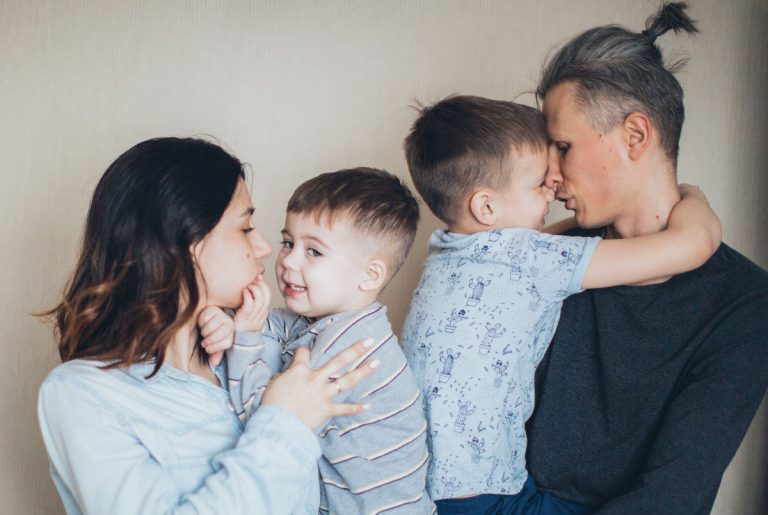
Counselling.Families.Life Transition
Family Counselling
Our trained and compassionate family therapists provide Family Counselling services online and in-person throughout NSW. Family Counselling provides a safe space to address problems, hear each other’s perspectives, overcome difficulties, improve communication, and restore and strengthen relationships.
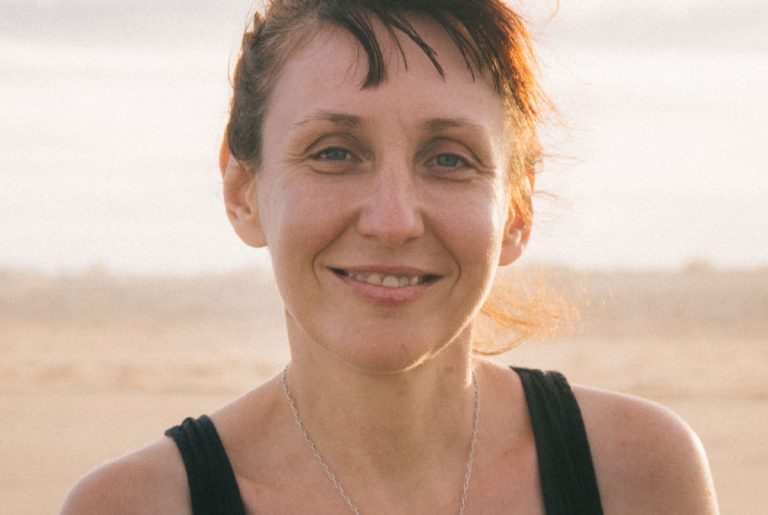
Counselling.Individuals.Older People.LGBTQIA+
Individual Counselling
Life can be full of ups and downs. While we may be able to overcome most challenges by ourselves, sometimes we need some extra support. Individual Counselling offers a supportive environment to identify and manage problems and concerns.
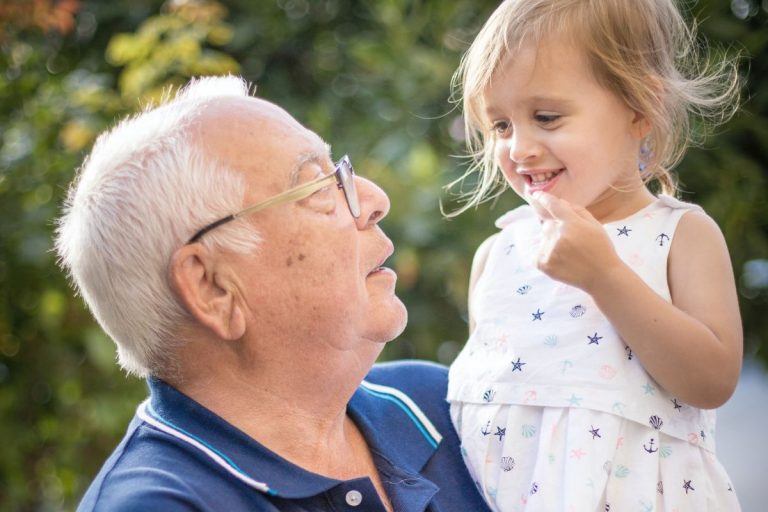
Mediation.Families.Older People
Let’s Talk Elder Support and Mediation
Let’s Talk helps older people and their families address age-related issues and disagreements, and make decisions that protect the rights and safety of everyone involved.


